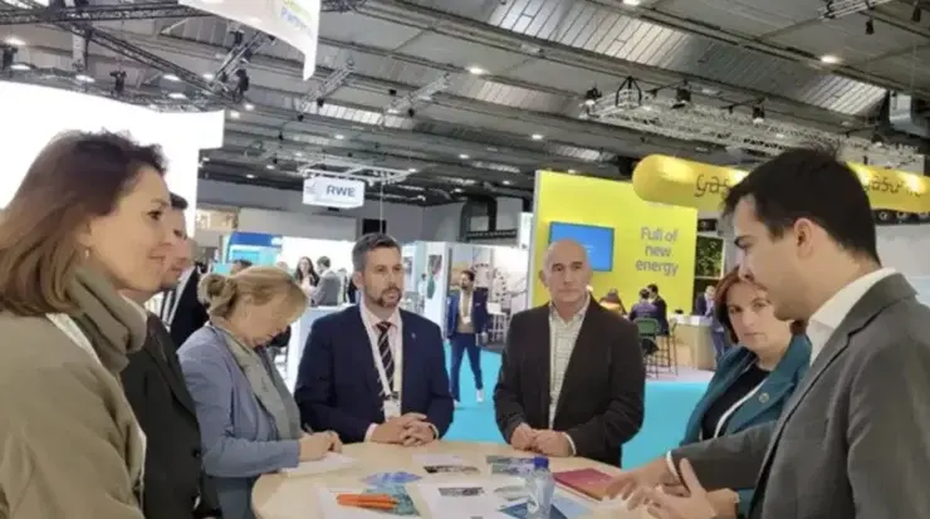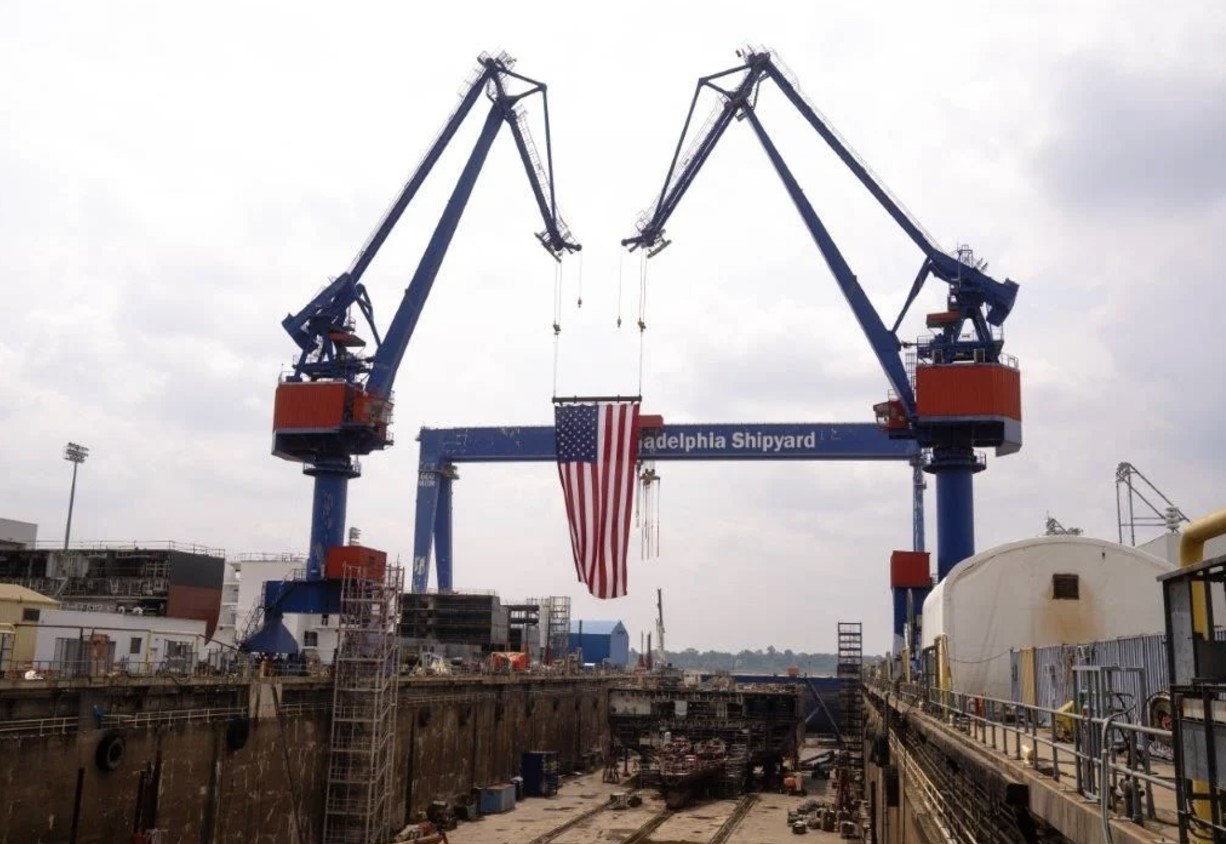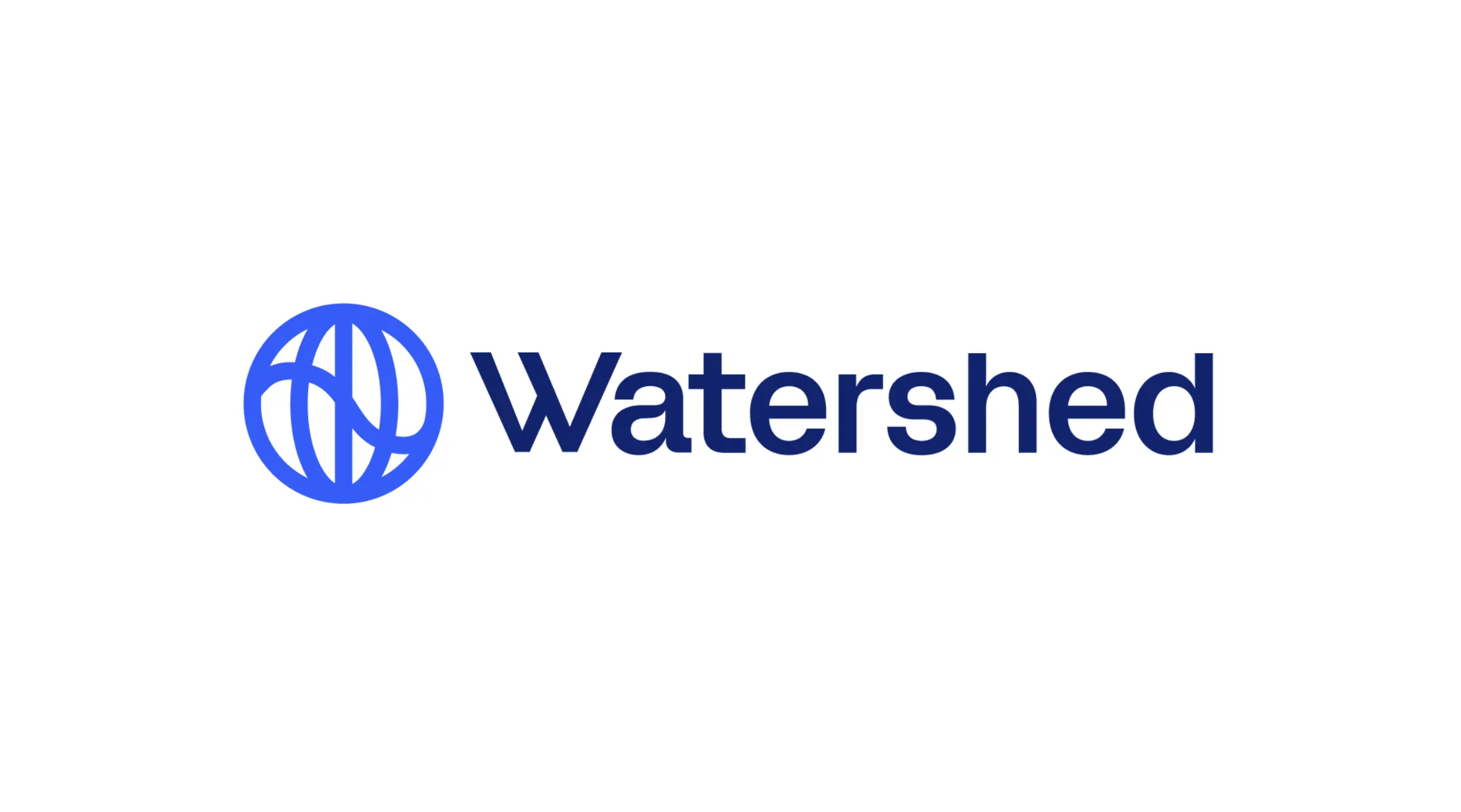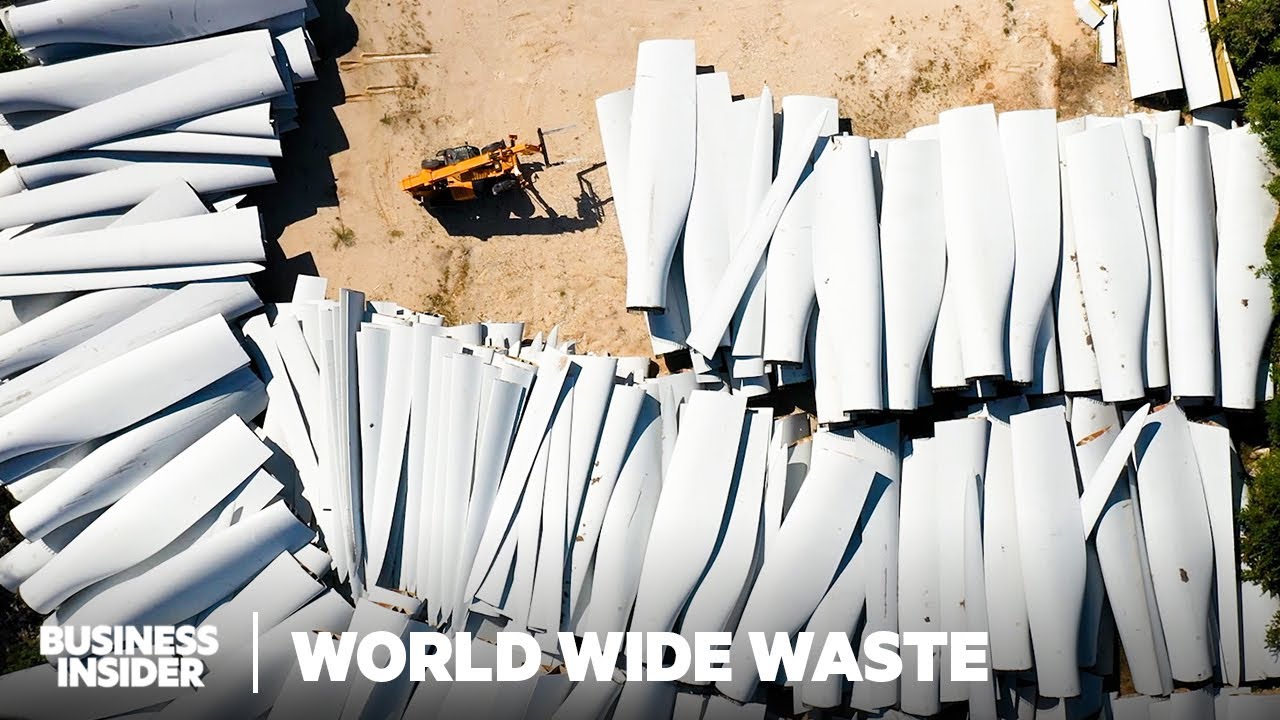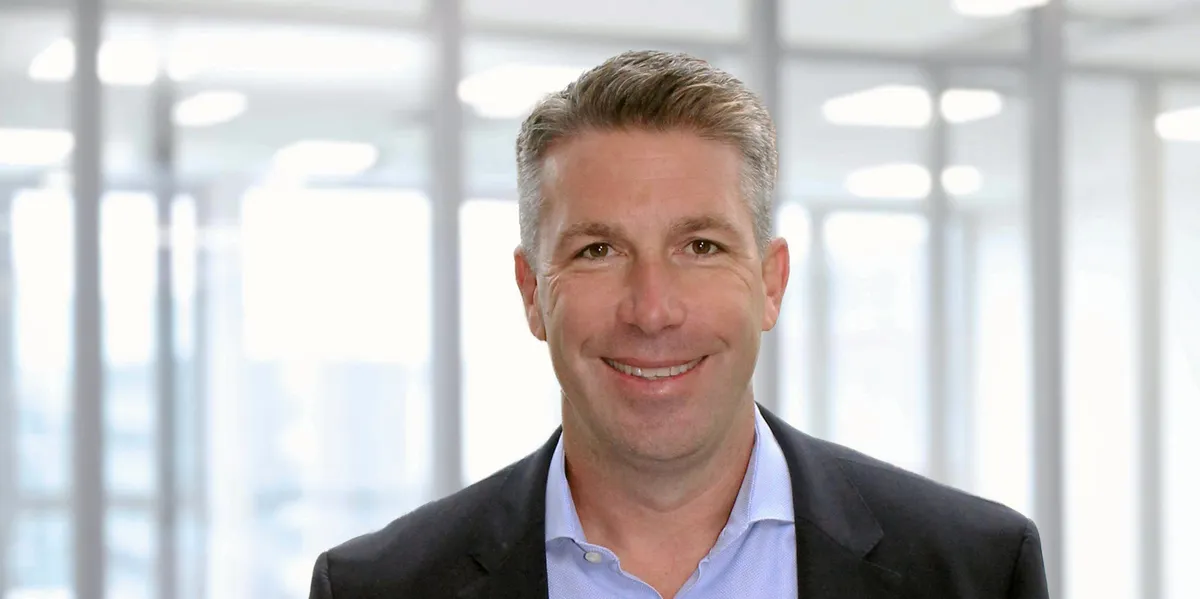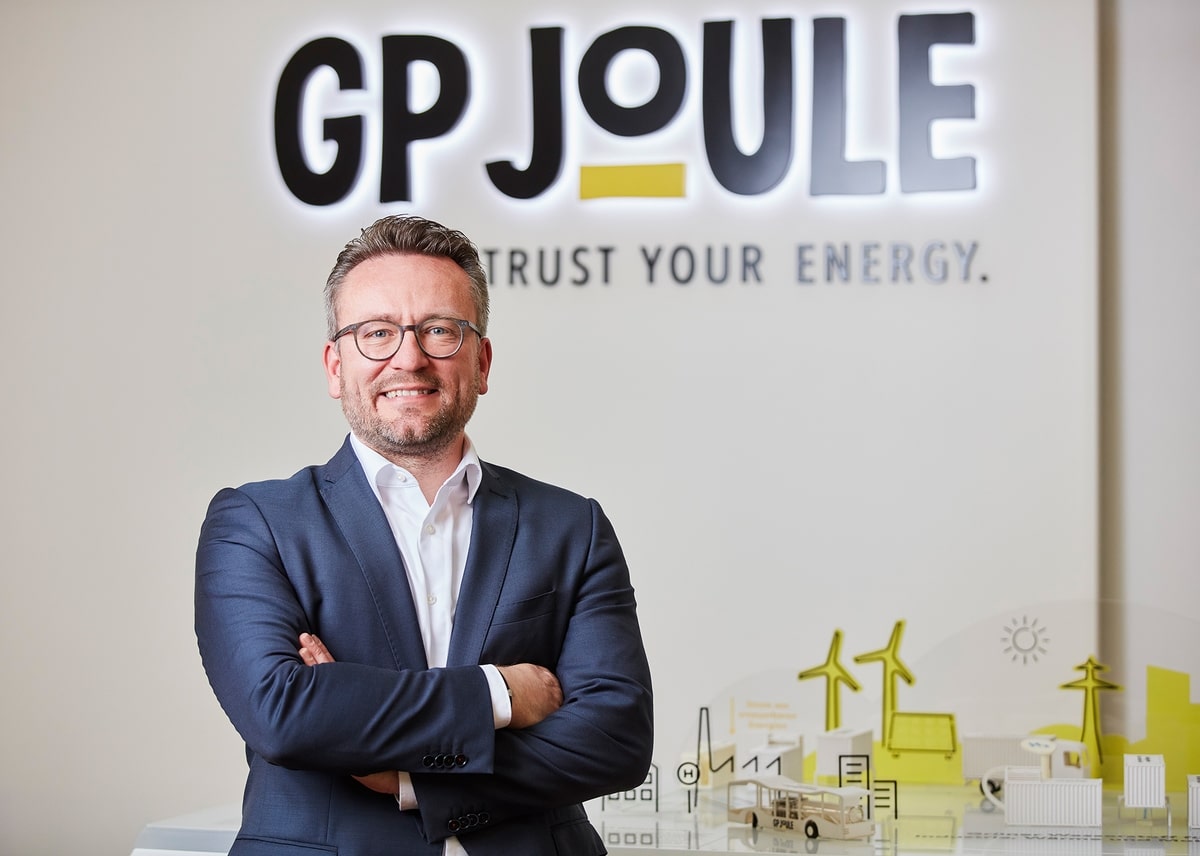
Guest article by André Steinau, CEO of GP Joule Hydrogen
After all, the Ampel Coalition leading the German federal government did reach an agreement shortly before the end of the year. And the ramp-up of the hydrogen economy will – again after all – not be completely slowed down, but will continue. But: Among others, the subsidies for erecting refueling and charging infrastructure (“Zuschüsse zur Errichtung von Tank- und Ladeinfrastruktur”) will sink in the climate fund Klima- und Transformationsfonds 2024 by 290 million euros (from 2.21 to 1.92 billion euros), and – the second but – the framework until now was and is for the ramp-up of the hydrogen economy in Germany simply not sufficient.
This is particularly incomprehensible in view of the enormous relevance that hydrogen production has for achieving the expansion targets for renewable energies and thus also for achieving the climate targets. The generation of electricity from wind and sun is in any case dependent on the weather. Accordingly, everything that helps to integrate renewables into our overall energy system, temporarily store their energy and transport it to consumers must be promoted. Electrolysis has a particularly high value here, as it makes the energy in the form of hydrogen usable independently of time and then enables the distribution of the energy through transport on the road, by rail or in pipelines.
A gigantic market is growing here. Sustainable and at the same time vital if we want to avert the worst consequences of the climate catastrophe. In the USA, this has been recognized. There, in the framework of the Inflation Reduction Act (IRA), many billions will be invested in the development of the green hydrogen economy and thus also in the transformation of the industrial sector.
And here? Here, subsidies are still too often viewed as if they were gifts for risk-free entrepreneurship. The opposite is true. For the hydrogen projects alone that GP Joule is just implementing, a good 30 million euros in funding applied for or approved spurred nearly 60 million euros in private investments.
But uncertainty scares off investors, whether banks, entrepreneurs or other financiers. Financing green hydrogen projects is becoming increasingly difficult. Banks are demanding higher risk premiums. At the same time, subsidies are falling – see above – rather than attracting. The German government behaves hesitantly. Previously announced funding programs are a long time coming. All not good signals.
The promised calls of funding for electrolyzers, hydrogen refueling stations and, above all, fuel cell trucks should swiftly be put on the road, because the ramp-up of hydrogen production requires security of purchase. Hydrogen producers, infrastructure operators and truck manufacturers only have this security if vehicles are subsidized.
However, with a coherent policy, the state would need to be not only a giver of consumption security but also investment security as a guarantor. If the financing of hydrogen projects – also due to the international crises from Ukraine to the Middle East – becomes increasingly impossible, it will also become increasingly difficult to produce green hydrogen competitively and cheaply. Banks and companies from the world of capital and finance are indeed looking for ways to finance H2 projects. However, in the current market ramp-up phase, the state is also urgently required to provide financial impetus through industrial and economic policy.
There are plenty of suggestions as to what these impulses could look like, how the state can become a guarantor: instead of pure investment funding, a type of fixed remuneration on the basis of the capacity of the hydrogen refueling station that is payed out over a period of eight to ten years under the condition of a consistently high performance of the refueling station, which makes the now needed infrastructure establishment commercially possible.
The state could also really be a guarantor and provide cheap credits for hydrogen projects, for example through a loan program of the public fund KfW.
For the ramp-up of the hydrogen economy in Germany, strong incentives are urgently needed. The instruments are on the table. If they are not used, Germany could, after the relocation of the solar and wind turbine industries, be facing the collapse of the next crucial pillar of the energy transition. It would not only be bad news for the climate, but also for the country’s economic status.
Author: André Steinau, GP Joule Hydrogen, a.steinau@gp-joule.de


